Love and Death in Revolution Square
“Suffering justifies our hard and bitter life,” writes Svetlana Alexievich of Soviet life. “For us, pain is an art.”

“Suffering justifies our hard and bitter life,” writes Svetlana Alexievich of Soviet life. “For us, pain is an art.”

Finding Time: The Economics of Work-Life Conflict by Heather Boushey Harvard University Press, 2016, 360 pp. What Works: Gender Equality by Design by Iris Bohnet Harvard University Press, 2016, 400 pp. [contentblock id=3 img=html.png] To illustrate the tensions between work …
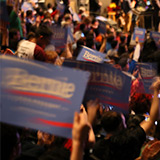
When left activists divide their energies between the immediate present and the distant future, we miss the necessary political work between now and then.

Three poems from Joshua Bennett’s The Sobbing School.
Mom Relaxing My Hair, 2005, by LaToya Ruby Frazier. © LaToya Ruby Frazier. At first, you might feel you are intruding. This is a private moment. A mother helping her daughter prepare for the outside world. On the table, tools …

June 24 On June 23 the UK voted to leave the European Union after thirty years of a halting, sometimes noble, often messy experiment in international cooperation. In my circles—professional, well-educated, Cambridge and London—the principal reaction was incredulity. How could …
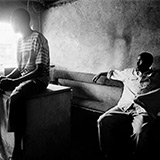

The Nubian community has lived in Kenya for over a hundred years, yet many became stateless after Kenya’s independence in 1963. For years, Nubian youth had to go through a nationality verification process called “vetting” in order to obtain a …
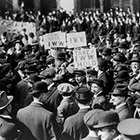

With the rhetoric of free speech increasingly captured by the right, a new book tells the story of the radicals who first championed freedom of expression as a substantive political right.
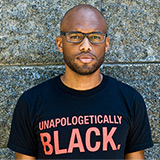
An interview with Mychal Denzel Smith about his book, Invisible Man, Got the Whole World Watching, and why the language of universalism is not going to solve all of our problems.
To access Dissent’s full Summer issue, please click here. This page is a placeholder.

The U.S. economy has changed a lot since the 1970s—let alone the 1870s. But we are still stuck with old concepts for assessing it, and politics to match.
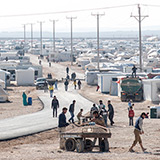
As aid groups struggle to provide even basic services, refugees have turned to overt and contentious modes of resistance to shape their own lives. What do these protests tell us about our existing system of humanitarian response?
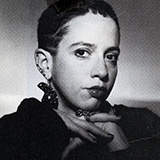
Can affect theory help us understand our contemporary unease—and express our dreams for the future—without becoming a stand-in for the slow, hard work of politics?
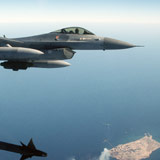
Election years used to be occasions for pitched battles over whether to go to war. Why aren’t they still?
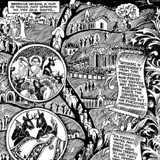
At once Bildungsroman and sprawling history, Malik Sajad’s Munnu tells the story of Kashmir through the eyes of a boy and his violent, insular, emboxed world.